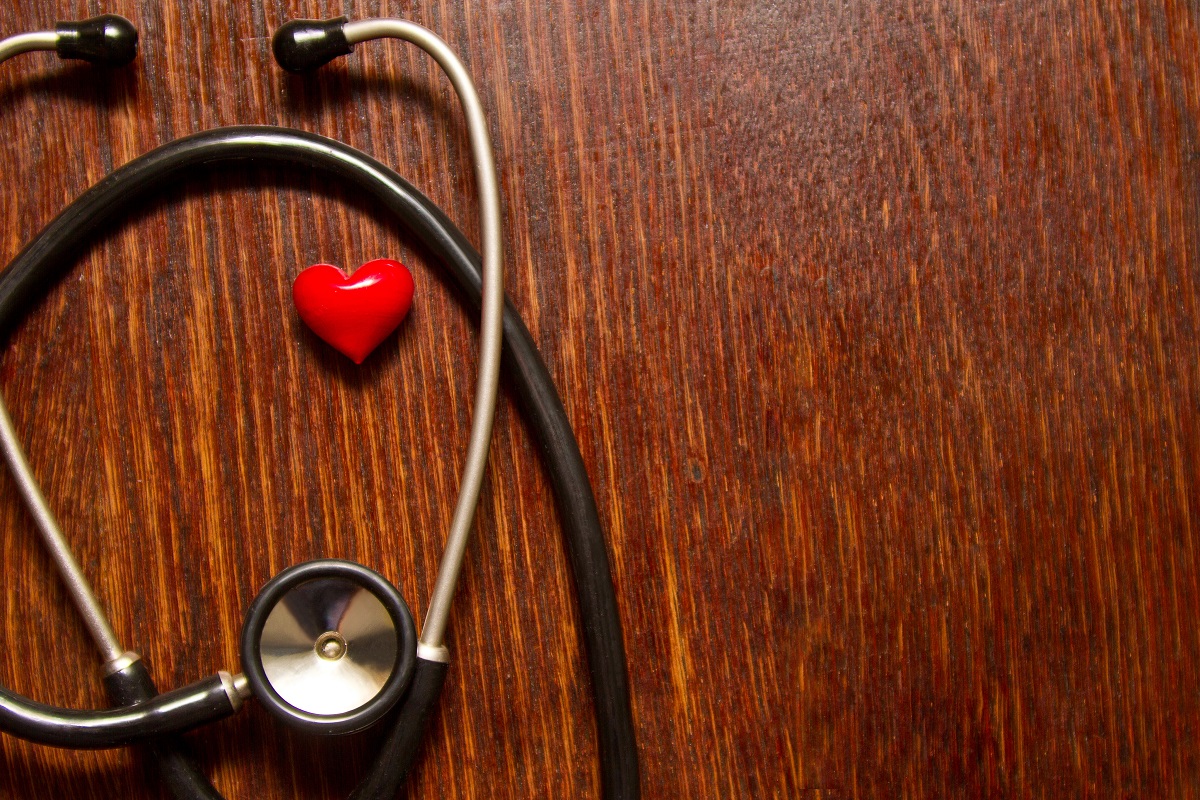“Family is not an important thing. It’s everything.”
– Michael J. Fox
With his simple observation, Michael J. Fox summed up what our families mean to us. Families are everything, which means that family health is one of the most important societal factors the world over.
The health of those who are near and dear to us, our family, is a top priority for nearly everyone on the planet. Thanks to advances in medical science, the human race is getting more and more proficient at maintaining a happy, healthy family.
This article outlines some scientific advancements that play a critical role in dealing with individual and family medical issues.
Growing Artificial Organs
The proper functioning of our organs is critical to our physical well-being, so organ transplantation is an essential area of medical science. Due to accidents, diseases, and congenital disabilities, organs and organ transplants are constantly in demand. The number of organ transplants is climbing significantly. In 2020, 39,000 transplants were performed. The current number of people awaiting transplants in the U.S. is more than 107,000.
Medical science has invested vast amounts of time and resources into growing artificial organs in labs. It has experienced success in growing different types of organs. For example, through stem cell technology, medical scientists have been able to:
- Grow tissue resembling that of the human heart
- Grow new skin for the treatment of burn victims
- Develop putty that grafts bones back together
- Develop lab-grown muscle that has helped with developing new drugs
- Grow new liver cells, with the end goal of using lab-grown livers for transplantation
Controlling Heart Disease

Heart disease is the leading cause of death globally. In the U.S., 655,000 people die from heart attacks each year. It is estimated that every 36, seconds a person dies from cardiovascular disease. Cardiovascular disease and heart attacks are serious problems that confront many families throughout the world.
These statistics are alarming. But what we don’t know is that the death rate resulting from cardiovascular disease and heart attacks has dropped in recent years. This drop is mainly due to medical advancements in the cardiovascular field.
One particularly important advancement based on genetically engineered tissue is tissue plasminogen activator (tPA). Using tPA, doctors can bust a blockage in the blood circulation. This technology, together with stents and bypass surgery, has dramatically increased the survival rate of heart patients.
Targeted Therapy in Cancer Treatment
Cancer has been called the silent killer. It is a disease that affects millions of families every year. For example, in 2020, there were approximately 1.8 million new cancer cases diagnosed and over 600,000 cancer deaths in the U.S. alone.
The two most recognized treatments for cancer patients are chemotherapy and radiation therapy. Both treatments attack healthy cells and cancerous cells, which causes severe side effects.
In the last decade, medical scientists have developed targeted cancer therapies. This means that we now have treatments that specifically target only cancerous cells and leave healthy cells alone.
The targeted therapy approach to treating cancer is growing quickly. To date, more than 25 cancer-targeting drugs have been approved by the FDA. This means that the molecular makeup of each tumor can be defined, which, in turn, leads to individualized treatment.
Functional Magnetic Resonance Imaging
Major advancements also occur in the field of magnetic resonance imaging (MRI). MRI allows doctors to see what the brain looks like and what it does. It also allows them to monitor oxygen levels, blood circulation, and changes in the brain cells. Doctors can also observe the function of neurons and define which parts of the brain are used in specific activities through MRI.
One major advancement in the field of MRI is the upright MRI scanner. It has several advantages over the traditional MRI scanner. The former can show issues that only occur when weight bearing. It is much more comfortable for those who suffer from claustrophobia. The upright scanner can get more accurate images of the spine and joints, and it is much better for those who have mobility issues.
Other significant medical advances include bionic prosthetic devices, CyberKnife, nanomedicine, and 3-D bioprinting.
More and more scientific advances and medical breakthroughs are introduced to us. These all can help lower mortality rates, increase longevity, prevent more diseases, and treat illness more effectively. Our families and the ones we love can benefit from all these.